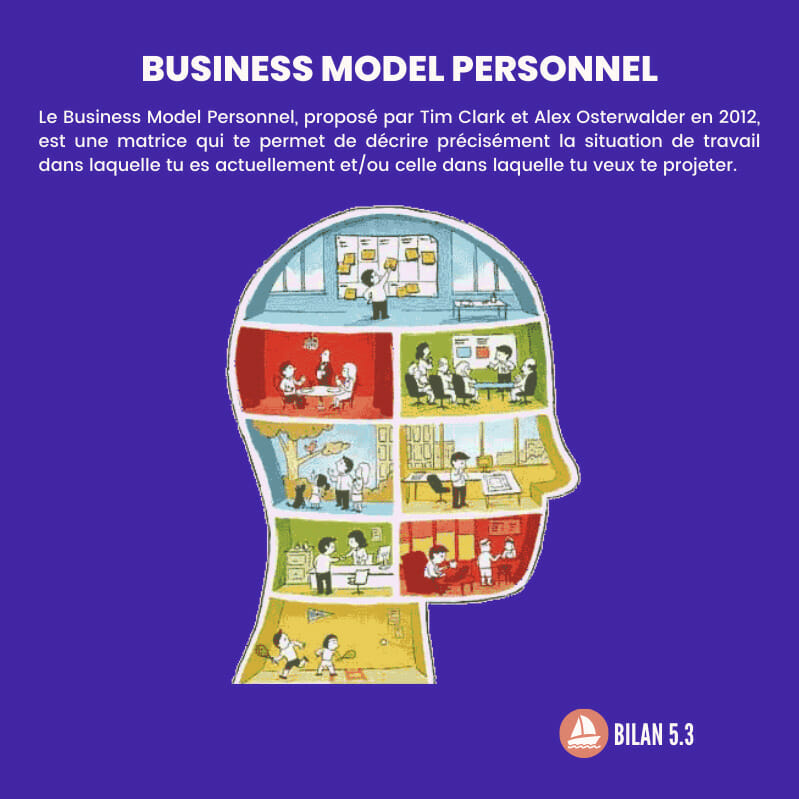The involvement of young fathers in the care of their child has a positive impact on his development but also on the stress level of the mother, according to a study.

- Researchers have studied the father-child bond and its impact on child development.
- The results of the study show that high paternal involvement in childcare is associated with a lower risk of global developmental delay.
- The involvement of fathers also has a beneficial effect on the stress level of mothers.
While research on the relationship between paternal care and child health remains sparse, Japanese researchers have examined the impact between father involvement in child care and their socio-physical development.
The results of their work have been published in Pediatric Research.
Father-child bond: more than 28,000 children followed
Researchers from the National Center for Child Health and Development and the Doshisha University Center for Baby Science in Japan followed a total of 28,050 Japanese children who received parental care at the age of 6 months.
The children were assessed at the age of 3 years according to different stages of their growth according to the questionnaire “Ages and Stages“, a screening tool that provides essential knowledge about the development of young children.
These results were compared with the degree of involvement of the father: “Father’s care of children was assessed using seven key questions covering important child care tasks, such as feeding, changing diapers, bathing, putting children to sleep, playing with children at home, taking children outside and changing clothes”, explain the authors.
The involvement of the father allows the child to grow better
“Our research findings indicate that increased paternal involvement in childcare may have benefits for both children and mothers.“, concluded the study director Dr. Tsuguhiko Kato.
Indeed, the benefits for the child are real: High paternal involvement in childcare is indeed associated with a lower risk of delay in all skills such as gross motor skills (balance and general coordination of the child) but also fine motor skills (which consists of using fingers and hands) and problem solving, in relation to weak paternal involvement.
In addition, the active participation of fathers in the care of children during early childhood reduces the parental stress of the mother, which has a significant impact on the good development of the child.















